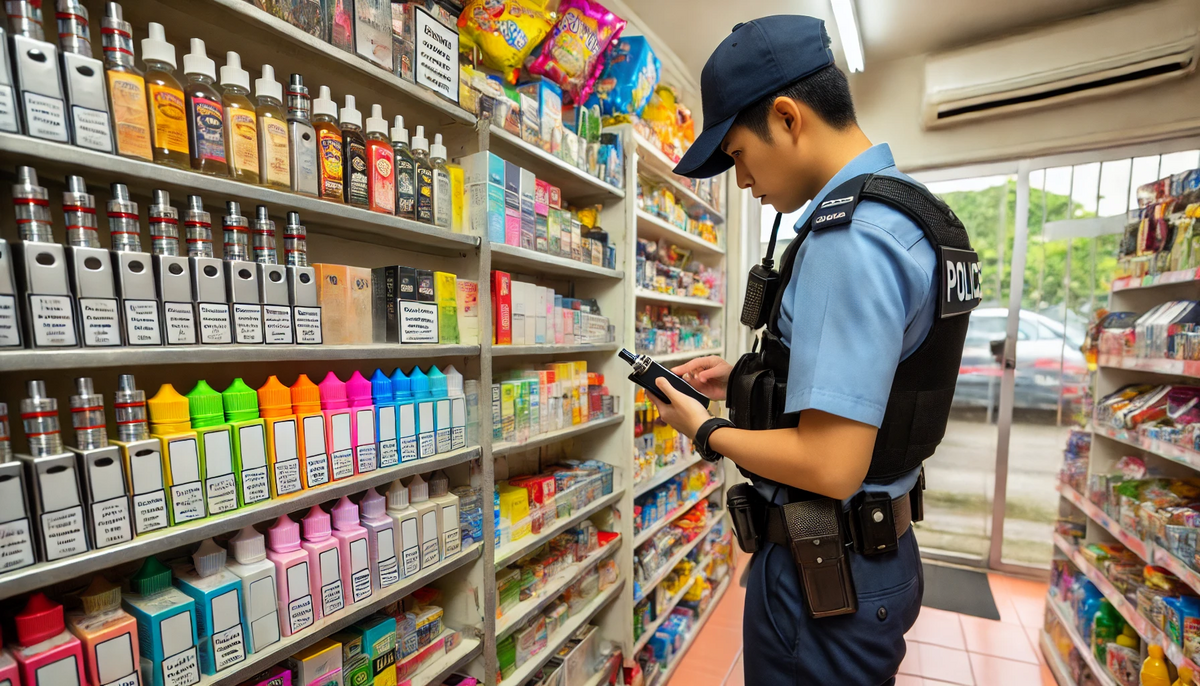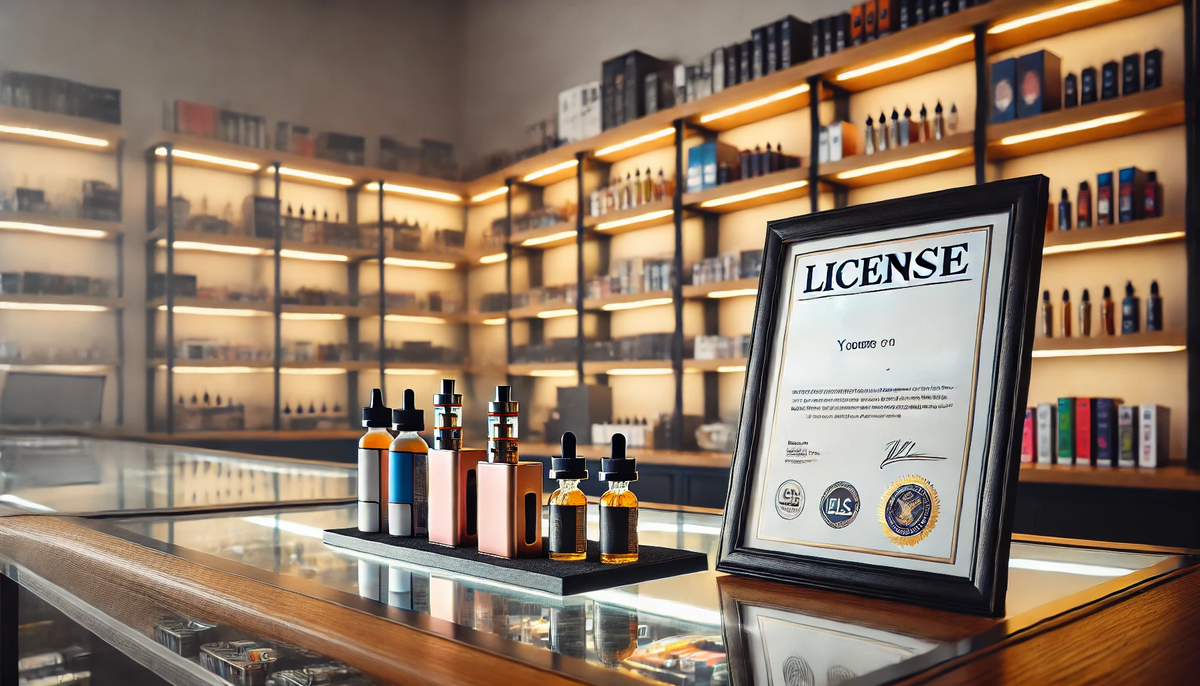
The recently introduced Tobacco and Vapes Bill marks a bold step toward a healthier, smoke-free UK. With its ambitious objectives, the Bill seeks to protect public health by tackling tobacco use while regulating the rising youth uptake of vaping.
By phasing out tobacco sales for future generations and implementing robust regulations for vaping products, the Bill has the potential to create lasting generational change. However, the success of this legislation hinges on its enforcement, which requires greater clarity and resource allocation to avoid unintended consequences.

A Landmark Effort to Tackle Tobacco and Vaping
The Bill introduces progressive measures to gradually eliminate tobacco use and regulate the vaping industry. Central to this initiative is the creation of a smoke-free generation, with a ban on the sale of tobacco products to anyone born on or after 1 January 2009. By coupling this ban with strengthened smoke-free legislation and enhanced advertising restrictions, the Bill aims to de-normalise smoking and protect future generations from addiction.
Equally commendable are the vaping regulations, which reflect growing concerns about the rise of youth vaping. Measures to prohibit advertising and flavours that appeal to children, along with mandatory licensing for vaping retailers, signal the government’s intent to safeguard young people while maintaining vaping’s role in smoking cessation. These steps align with public health goals and address widespread support for stronger controls on vaping.

Enforcement: A Make-or-Break Factor
While the Bill’s provisions are well-intentioned, their implementation and enforcement present significant challenges. Effective enforcement is vital to achieving the legislation’s objectives, but concerns within the industry highlight areas where greater clarity and support are needed.
1. Local Authority Resources
One of the biggest challenges lies in the capacity of local authorities to enforce the new rules. Licensing schemes, compliance checks, and monitoring sales will require substantial funding and manpower. Yet, many local enforcement bodies face budget constraints that could limit their ability to carry out these tasks effectively. Without sufficient resources, there is a risk of inconsistent enforcement, creating disparities between regions and undermining the Bill’s overall impact.
2. Clarity on Fixed Penalty Notices (FPNs)
The introduction of FPNs for offences like underage sales and licensing breaches is a practical approach to enforcement. However, the vaping industry has raised concerns about how these penalties will be issued. Retailers fear unjust penalties for unintentional errors, such as failure to spot sophisticated fake IDs or unawareness of proxy purchasing. Clear guidelines are needed to ensure penalties are proportionate and focus on deterring deliberate non-compliance rather than punishing minor infractions.
3. Proxy Purchasing Challenges
Proxy purchasing, where adults buy vaping products for minors, remains a difficult issue to police. Retailers are concerned they may be held accountable for actions beyond their control, as the responsibility for preventing such purchases often rests on their shoulders. Enhanced support and guidance for retailers will be essential to address this enforcement gap.

Avoiding Unintended Consequences
Effective enforcement must also consider the potential for unintended consequences. Excessive regulation could inadvertently push consumers toward the black market, where unregulated products may pose greater health risks. Similarly, overburdening small businesses with administrative and financial pressures could discourage compliance or drive legitimate retailers out of the market.
It is equally important to ensure that vaping remains accessible as a harm-reduction tool for adult smokers. Striking the right balance between regulation and availability is critical to preventing vaping restrictions from discouraging smokers from quitting.
Recommendations for Effective Implementation
To ensure the Bill achieves its objectives without undue disruption, several measures should be prioritised:
- Adequate Funding for Local Authorities: Sufficient resources must be allocated to support consistent enforcement, including training for officers and technological tools to monitor compliance.
- Clear Retailer Guidelines: Businesses need detailed, easy-to-understand guidance on licensing requirements, product standards, and penalties to avoid confusion during the transition period.
- Focused Enforcement on Repeat Offenders: Enforcement efforts should target persistent non-compliance and illicit trade rather than penalising minor or first-time infractions.
- Public Education Campaigns: Raising awareness about the new rules among both retailers and consumers will help ensure compliance and support for the Bill’s objectives

Where Retailers Can Find Guidance
Retailers and members of the vaping industry seeking clarity on the new rules can refer to several government resources:
E-cigarettes: Regulations for Consumer Products: This guide provides detailed information on safety, quality, and labelling standards for vaping products.
Available at: https://www.gov.uk/guidance/e-cigarettes-regulations-for-consumer-products
E-cigarettes and Vaping: Policy, Regulation, and Guidance Collection: A comprehensive resource on policy and expert reviews related to vaping.
Accessible here: https://www.gov.uk/government/collections/e-cigarettes-and-vaping-policy-regulation-and-guidance
Advice for Retailers and Producers: Practical advice for businesses on compliance with vaping regulations.
Found at: https://www.gov.uk/government/publications/advice-for-retailers-and-producers
These resources provide the tools and information necessary to navigate the regulatory changes and maintain compliance.

A Balanced Path Forward
The Tobacco and Vapes Bill represents a pivotal moment in public health policy, addressing long-standing issues with tobacco while tackling the emerging risks of youth vaping. By taking a balanced approach to regulation, the Bill seeks to protect the next generation from addiction and associated health harms.
However, robust enforcement is critical to the Bill’s success. With greater clarity, sufficient resources, and a collaborative approach, the government can ensure that the legislation delivers its intended outcomes without placing undue strain on legitimate businesses or creating loopholes for illicit trade. The vaping industry, enforcement authorities, and public health advocates must work together to support this ambitious vision for a healthier future.
Published - 26th November 2024






You must be logged in as a member to add comments.
Become a member
Already a member? Log in or create an account.